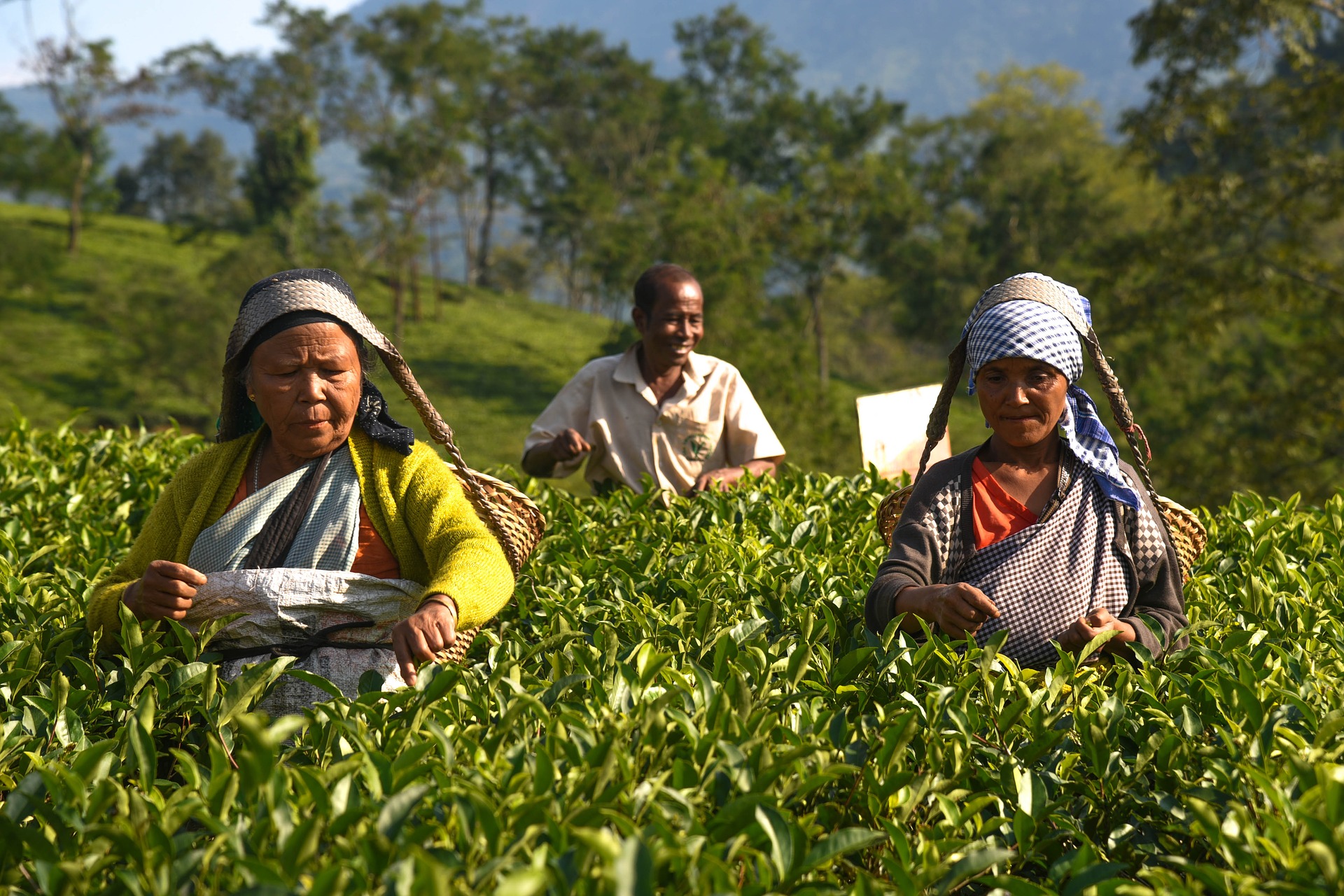
The economic importance of the tea industry has grown during the pandemic
Rome: Tea is a labour-intensive sector that provides jobs and income to many of the poorest rural communities in the world, including women and their families. Smallholder farmers and farming households produce 60% of the global tea output. This makes tea an important contributor to the achievement of the 2030 Agenda and the Sustainable Development Goals.
In addition, tea export earnings represent an important source of revenues, especially for many low-income countries that need foreign exchange to pay for their food import bills and to buy goods and services from world markets.

The tea industry can play an important part in the transformation of global agri-food systems, but it must overcome significant challenges.
“To end world hunger and poverty it is critical that we transform our agrifood systems, and tea can play a role in this transformation,” QU Dongyu, Director-General of the Food and Agriculture Organization of the United Nations (FAO), said in opening remarks to the 24th Session of FAO’s Intergovernmental Group on Tea.
“Tea can play a leading role in our path to build a better world where no one is left behind,” Qu told the meeting attended by government experts, officials and international observers.
Tea is the most widely consumed drink in the world after water and represents an important economic activity, with the value of global tea production estimated at around US$ 17 billion, while trade is valued at about US$ 8 billion annually, according to FAO statistics.
Also read: At India’s behest, World celebrates tea time together for the first time today
The Director-General also noted that tea has an important social dimension; it brings people together to share stories, build friendships and overcome differences.
The data show an increase in the consumption of tea during the pandemic lockdowns as people took comfort in a warm cup of tea during the most difficult moments, he added.
Yet, the FAO Director-General said the sector faces a number of challenges that require urgent attention, highlighting:
- the impacts of the climate crisis
- the need to improve the sustainability of the tea supply chain
- the low levels of productivity
- the price-cost pressure faced by actors along the value chain.
Moreover, tea production can lead to further erosion of natural resources, particularly soils and water. Deforestation, loss of biodiversity, soil erosion and water contamination are some of the challenges that need urgent attention. But the sector also has its vulnerabilities, with tea bushes subject to recurrent infestations by pests and diseases, which reduce yields and harvests. For example, the brown blight disease of tea can result in significant losses in production and income.
Smallholders need technical and financial support to invest in pest and disease-resistant varieties and to achieve sustainable productivity growth. The Confederation of International Tea Smallholders can provide valuable support in this regard, Qu said.
FAO’s Strategic Framework aimed at achieving better production, better nutrition, a better environment and a better life for all, leaving no one behind, can support the transformation of the tea sector, he noted, adding that the tea sector can contribute to achieving the Four Betters.
To mark last year’s World Food Day, FAO convened a Dialogue on Tea and Coffee, exploring the cultural and economic significance of both beverages.
– global bihari bureau





